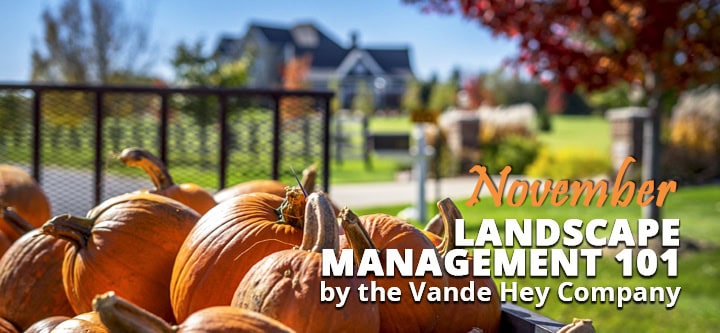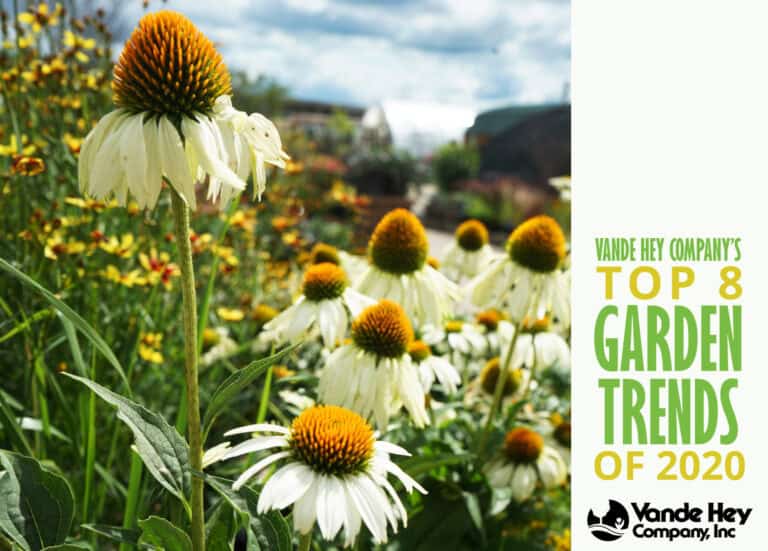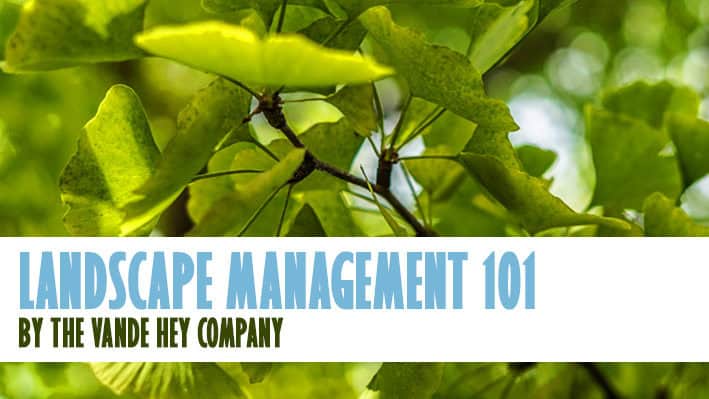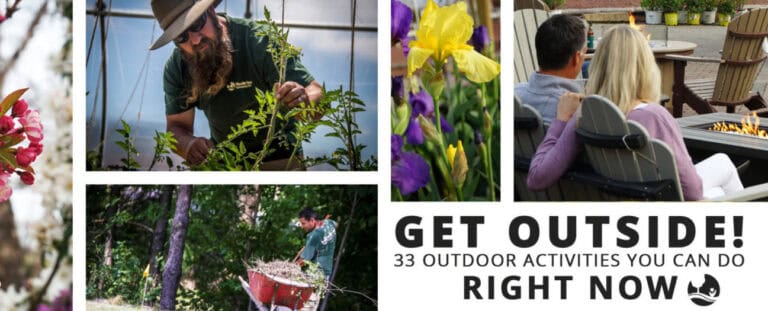![]() Garden
Garden
![]() Landscape Management
Landscape Management
![]() Tips
Tips
Landscaping Management 101: November
By Vande Hey | October 23, 2020

Beautiful autumn days mean comfortable working temperatures and hopefully time to continue prepping for winter. The more you do now, the easier things will be in the spring! Put things away, organize, protect, and enjoy the remaining fruits of your hard labor throughout this past year!
EARLY NOVEMBER
- Deciduous trees, shrubs, and spring bulbs can be planted until the ground freezes.
- Keep fallen leaves from piling up on your lawn. This will prevent smothering this winter.
- Outdoor planters, baskets, etc. should be emptied and washed before storing for next year.
- Mulch in roses with 8 to 10 inches of soil or shredded bark.
- Water all evergreens before the ground freezes to keep them from drying out over winter.
- Spray plants with repellents to protect them from rabbits, deer, and mice.
- Harvest cole crops as long as possible since they are made sweeter by frost (Common cole crops include broccoli, Brussels sprouts, cabbage, cauliflower, collards, kale, and kohlrabi).
MID NOVEMBER
- Cut the lawn short (2-2.5 inches) once the leaves are off the trees to discourage snow mold and mice tunneling.
- Protect strawberries with a 6-inch layer of clean, loose marsh hay. (We use marsh hay because it contains fewer weed seeds and stays “fluffier.”)
- Protect tender perennials with a 2 to 3 inch layer of fresh balsam boughs.
- Protect tree trunks from pest damage by surrounding with plastic or wire 1-2 feet higher than expected snowfall.
LATE NOVEMBER
- Stop fertilizing houseplants since they will use less water and nutrients due to lower light levels.
- Move pesticides and equipment to a place where they will not freeze.
- Wash off garden tools and dry completely when storing for winter. Use a rag dipped in oil to wipe down metal parts of tools. Wipe down wooden parts with linseed oil to keep the wood from drying out.
- Cover cole crops to prevent them from freezing solid.
- Cut down and discard asparagus stems and leaves that have yellowed to reduce disease and insect issues next year.
- Enjoy Thanksgiving Dinner – the fruits of your labor.



